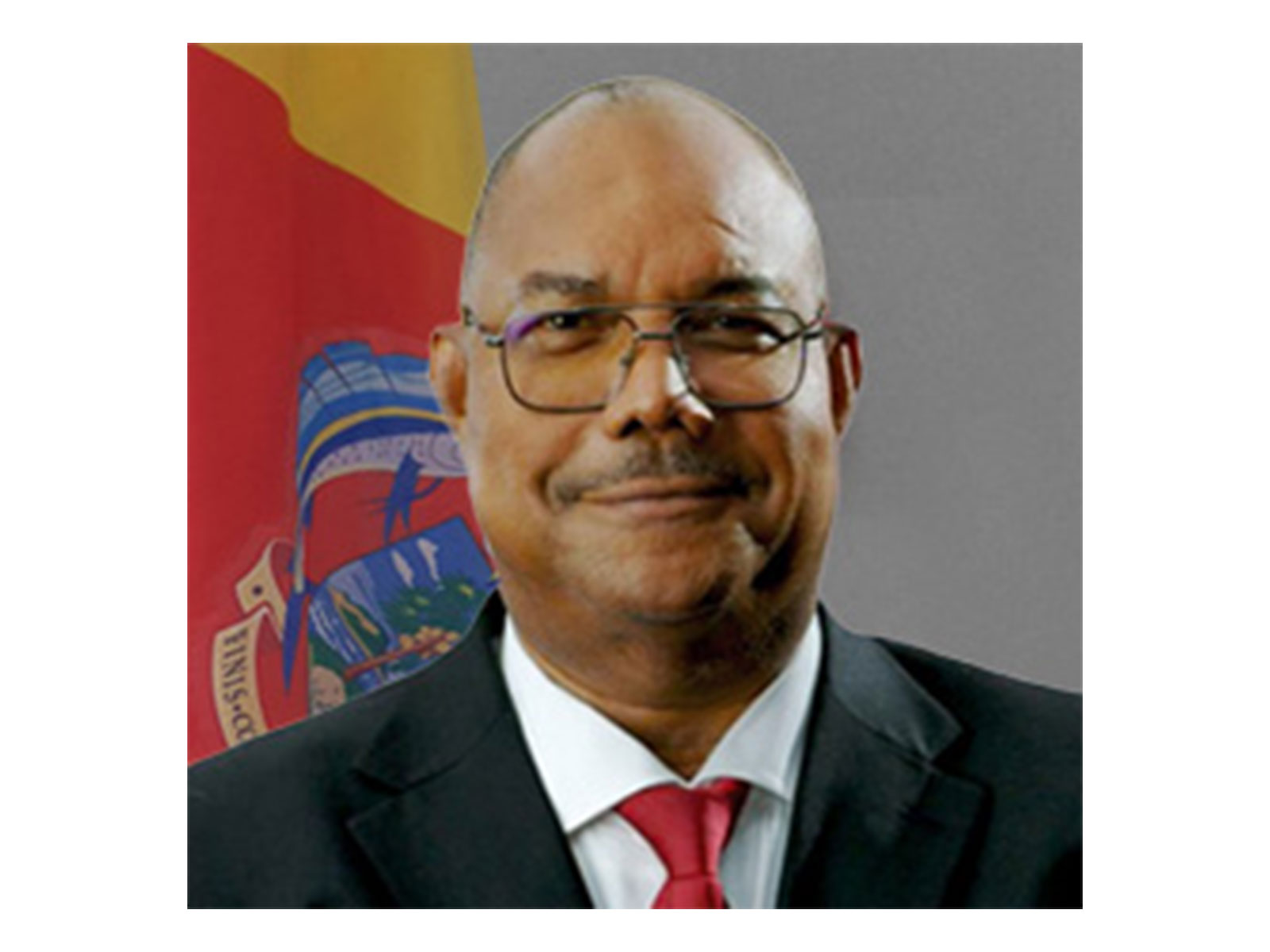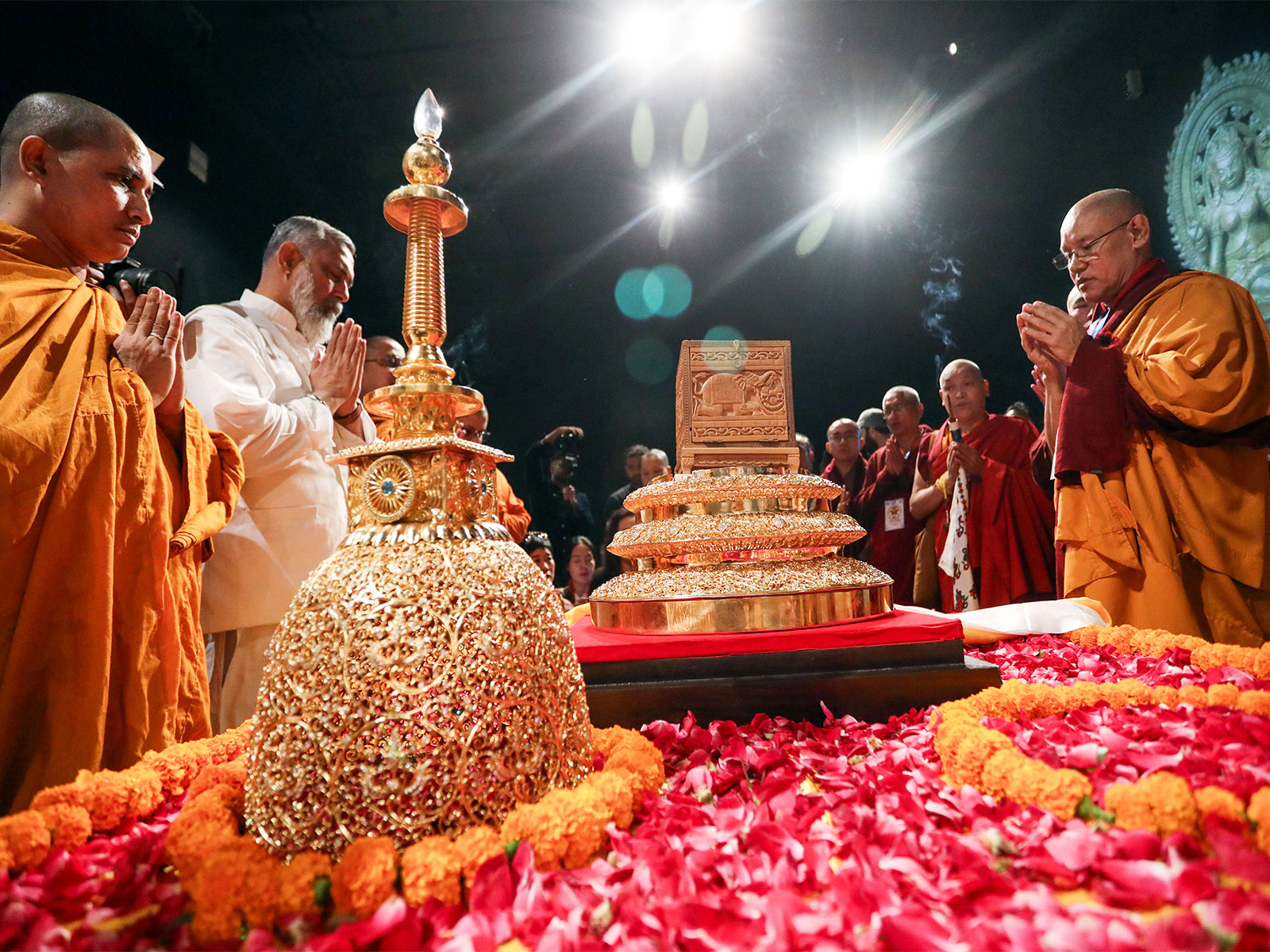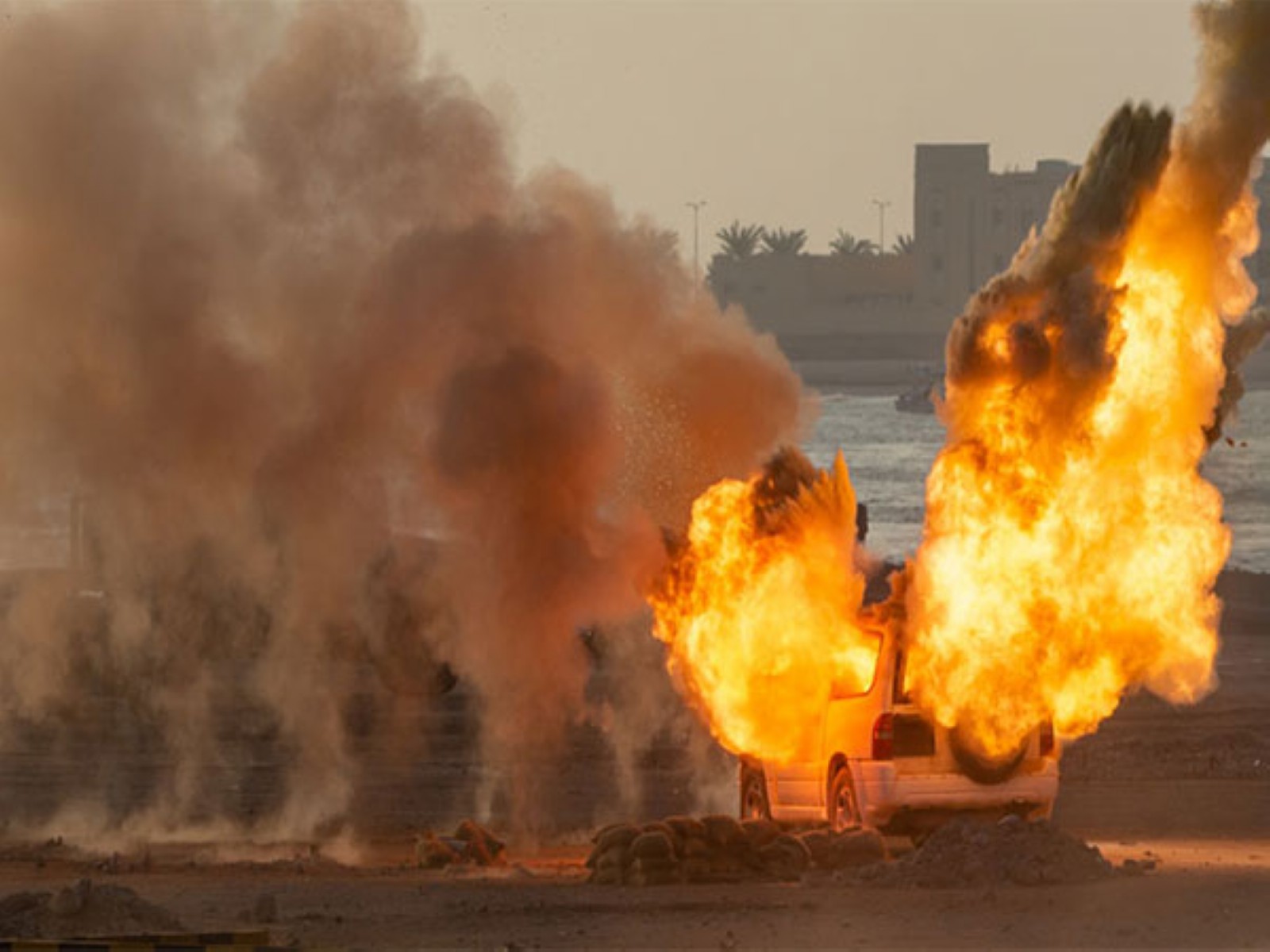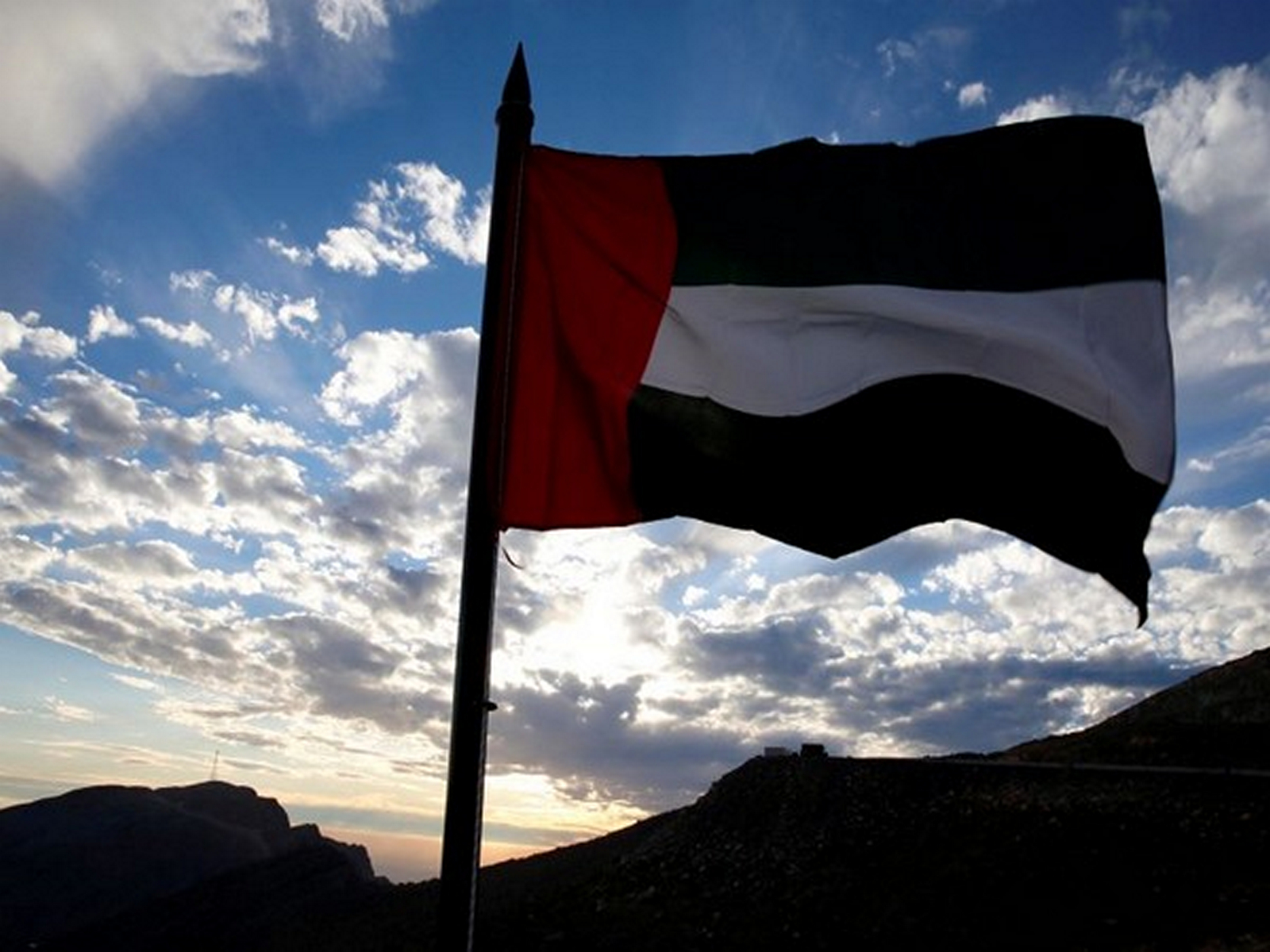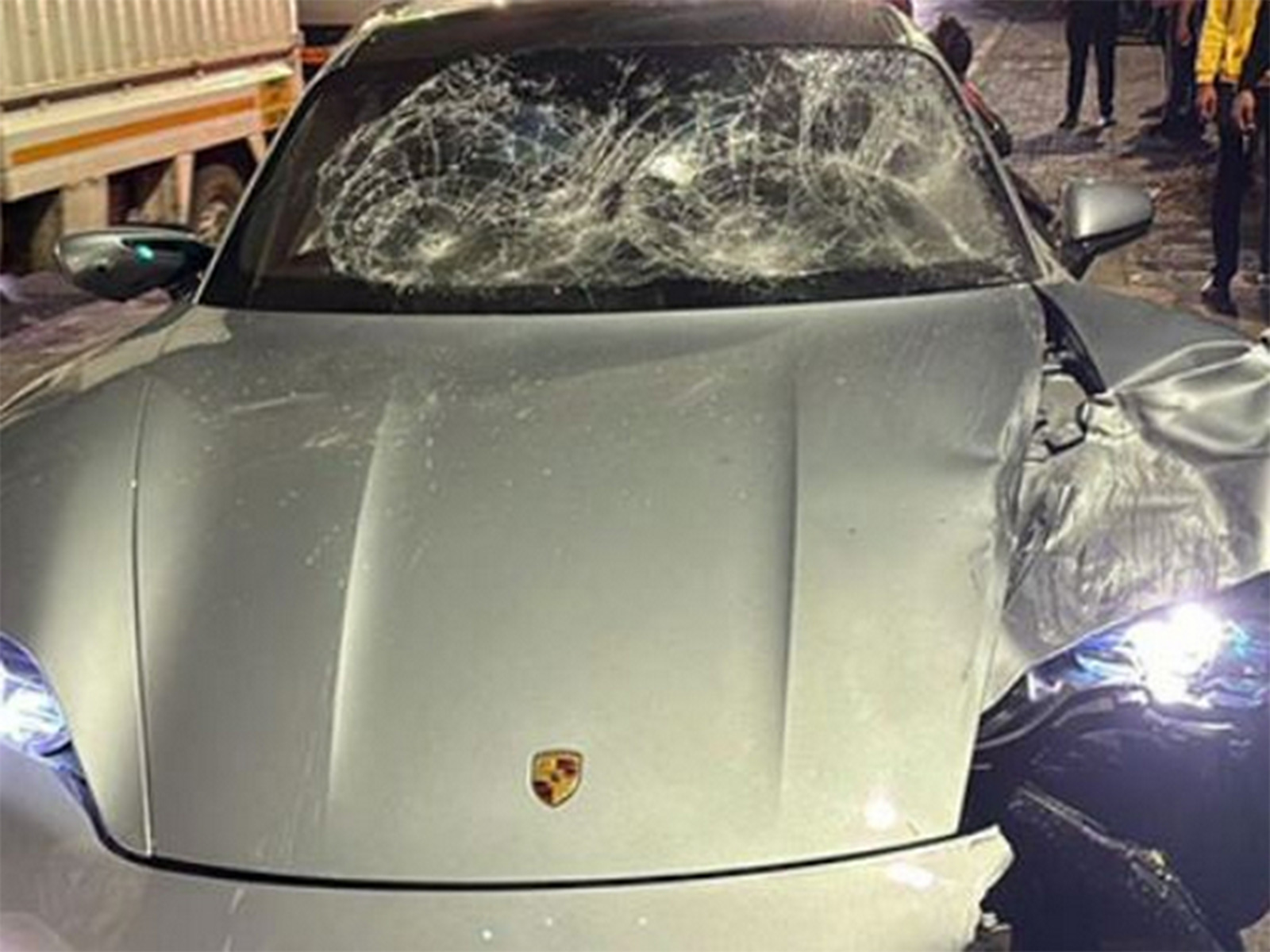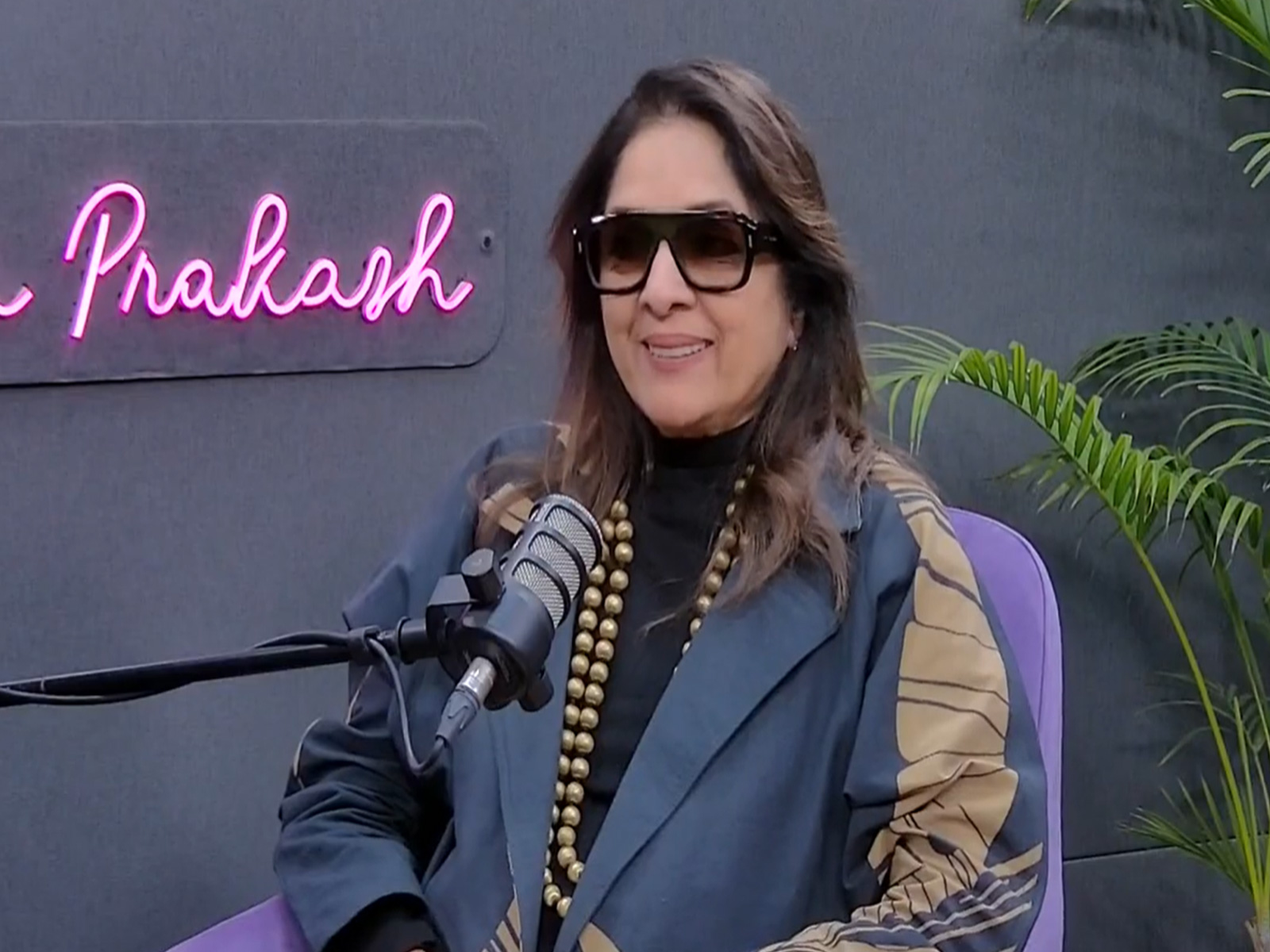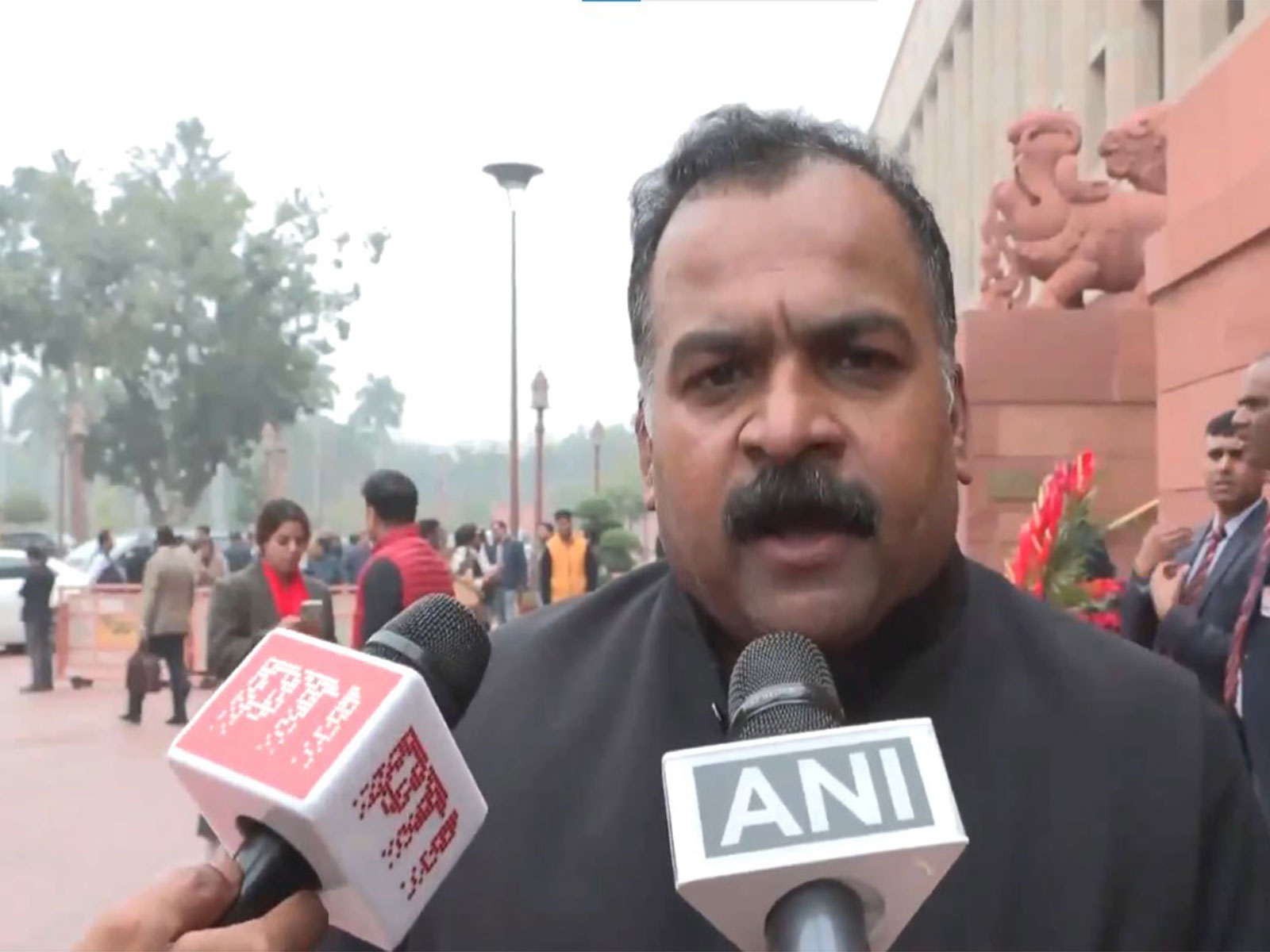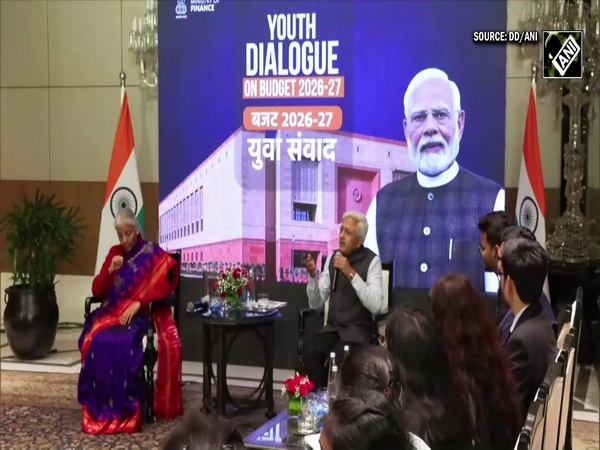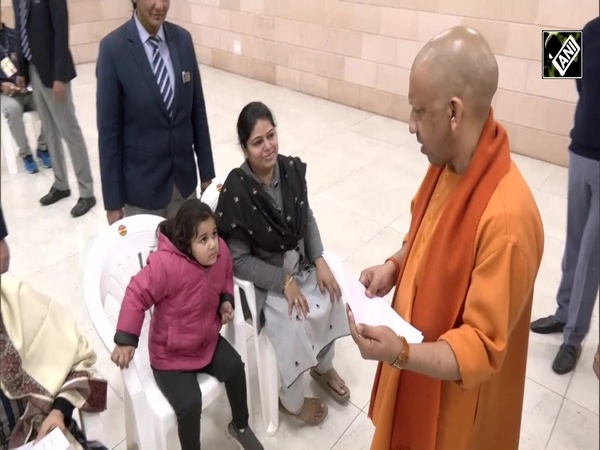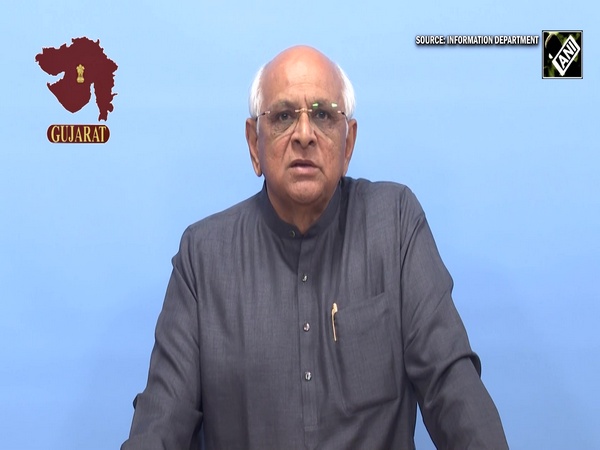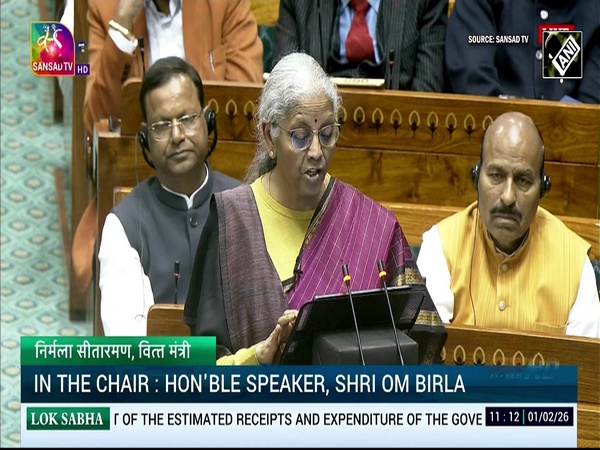US: CENTCOM destroys 2 Yemeni missile systems
Sep 03, 2024

Washington DC [US], September 3 : The US Central Command (USCENTCOM) forces successfully destroyed two missile systems in a Houthi-controlled area of Yemen, a statement by CENTCOM said.
The statement added that CENTCOM determined these systems presented an imminent threat to US and coalition forces, and merchant vessels in the region.
In a post on X, CENTCOM gave an update and said, "In the past 24 hours, U.S. Central Command (USCENTCOM) forces successfully destroyed two missile systems in a Houthi-controlled area of Yemen. It was determined these systems presented an imminent threat to U.S. and coalition forces, and merchant vessels in the region. These actions were taken to protect freedom of navigation and make international waters safer and more secure for U.S., coalition, and merchant vessels."
https://x.com/CENTCOM/status/1830773134863040955
Earlier in the day, the United States captured an ISIS leader who helped members of the terror group after they escaped from a detention facility in Syria, according to US Central Command (CENTCOM).
US forces working with Syrian Democratic Forces (SDF), captured the ISIS leader Khaled Ahmed al-Danda, who was assessed as helping ISIS fighters, after escape from a Raqqah Detention Facility in Syria, as per an official statement.
"Over 9,000 ISIS detainees remain in over 20 SDF detention facilities in Syria, a literal and figurative 'ISIS Army' in detention," Gen. Michael Erik Kurilla, Commander, US Central Command said.
Gen Kurilla stated that if a large number of these ISIS fighters escaped, it would pose an extreme danger to the region and beyond. "We will continue to work with the international community to repatriate these ISIS fighters to their countries of origin for final adjudication," he said.
Previously, on August 29, five ISIS Foreign Terrorist Fighter detainees (two Russians, two Afghans, and one Libyan) had escaped from the Raqqah Detention Facility.
The SDF recaptured two escapees- Imam Abdulwahed Akhwan (Russian) and Muhammad Noh Muhammad (Libyan).
